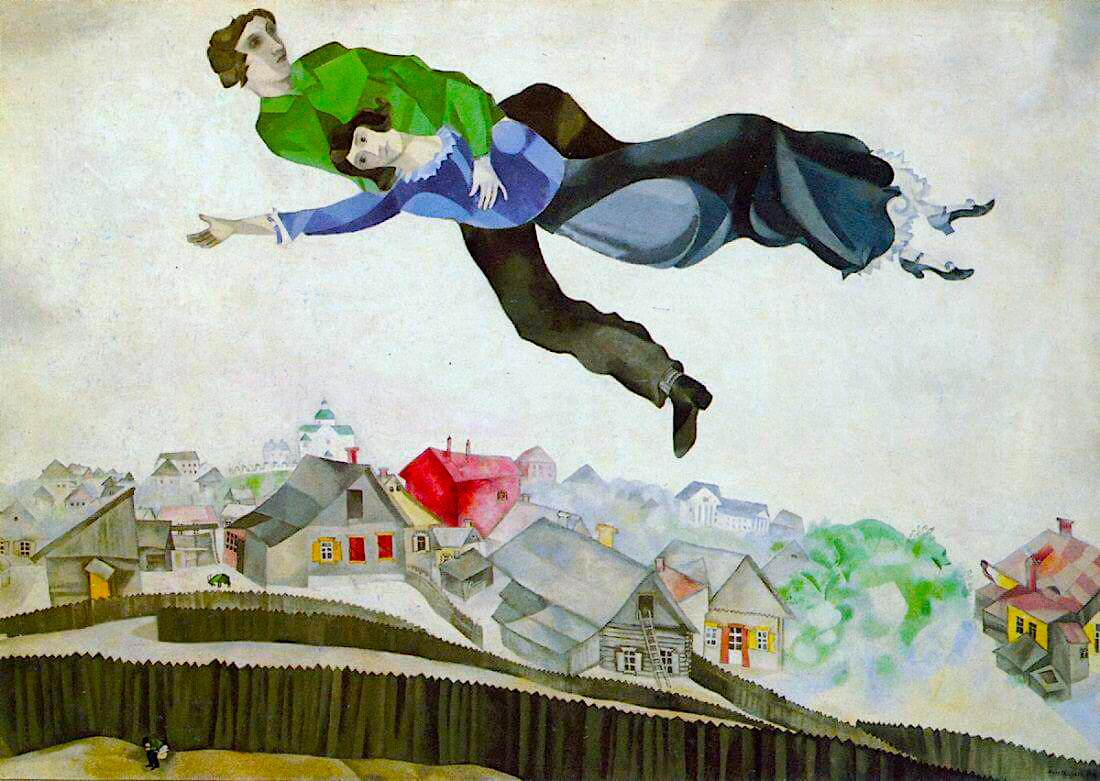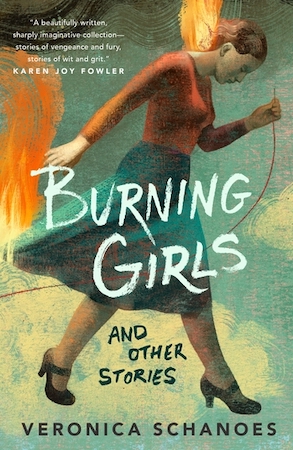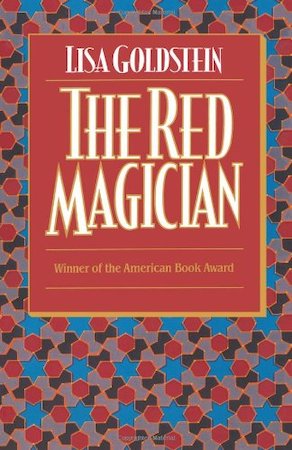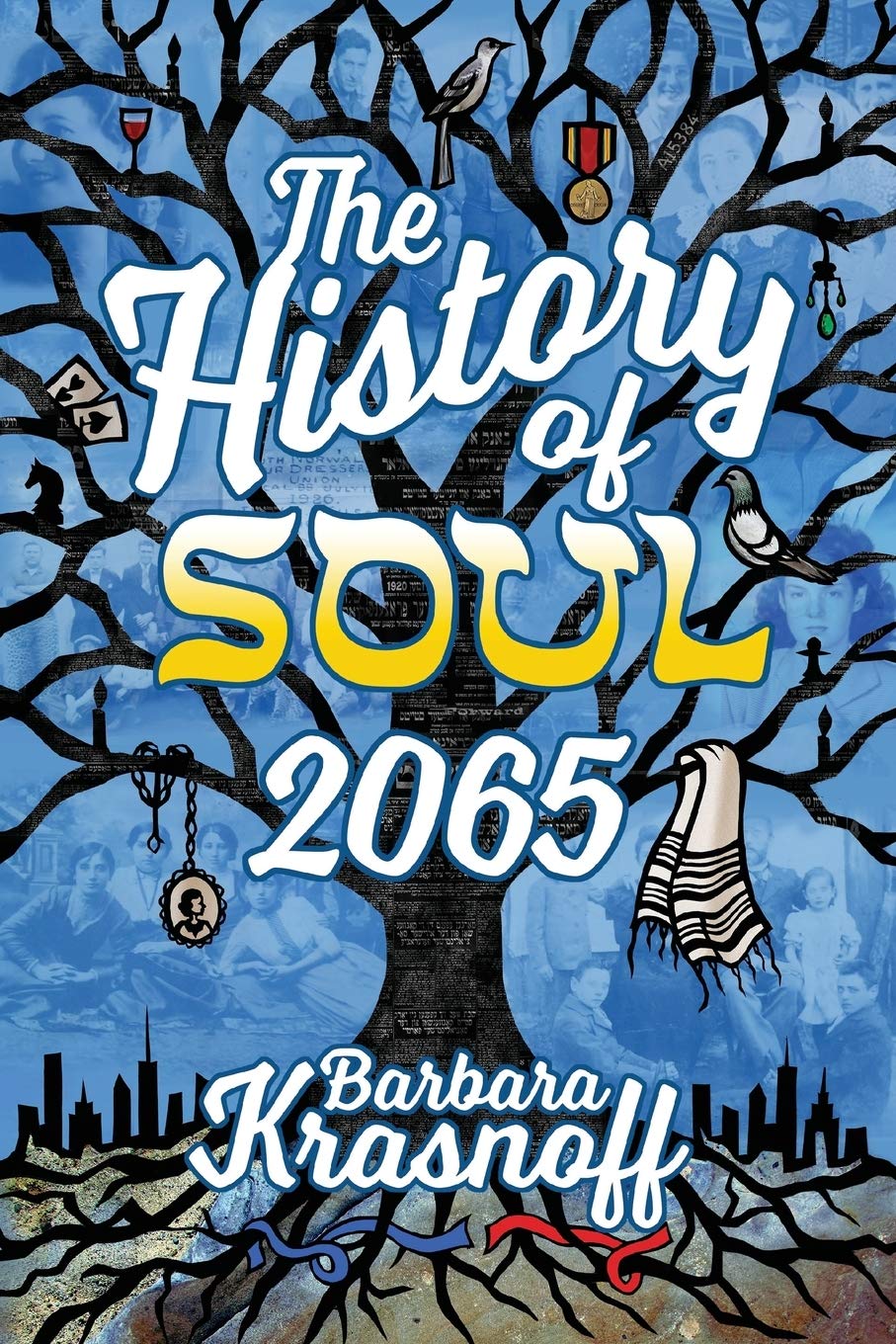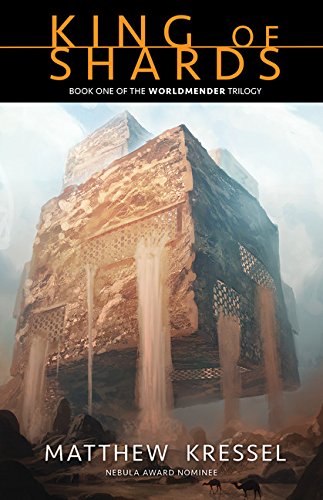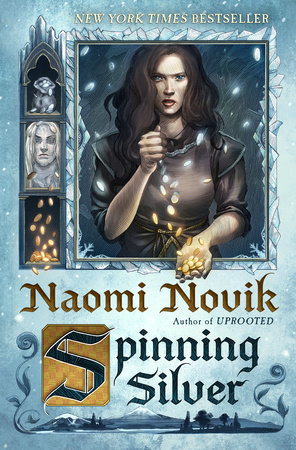If you enjoy reading Electric Literature, join our mailing list! We’ll send you the best of EL each week, and you’ll be the first to know about upcoming submissions periods and virtual events.
When I was a little girl, I spent hours upon hours reading fairy-tales and folktales, and as I grew older, I turned to fantasy novels. I read numerous renditions of European tales and milieux, of Celtic fairies and their doings. I loved them then, and I still love them now. As a white, Jewish girl growing up in New York City, it was easy for me to read European fairy tales and folktales without realizing that the clever sons and beautiful daughters, the spinners and millers, were never meant to include me. But I ran up against that reality as an avid reader and scholar of fairy-tales when I ran into some of the now lesser-known antisemitic stories, and it led me to wonder, if that magic, that fairyland was not originally meant for me, what magic was? Where was my fairyland? Where is Jewish magic to be found? Can the protagonists of fantasy, the magic workers, the magic itself be Jewish? And what would that look like?
When I began writing the stories that are collected in Burning Girls and Other Stories, I did not have those questions in mind. I was interested in writing feminist revisions of fairy tales, punk-infused, grimy, New York City stories—and I think I did that. But Jewishness crept in, in unexpected ways. One early story, “Lily Glass,” is very much about (re)naming, a staple of the Jewish magic tradition, and at one point the protagonist reaches for the malakh ha-mavet, the Jewish angel of death. When I wrote a roman a clef about Nancy Spungen, the very young and self-destructive girlfriend of the very young and self-destructive Sex Pistol Sid Vicious, I indicated her Jewishness in a couple of lines referring to rugelach and what it means to be a “nice Jewish girl.”
And then I had an idea for a short, light-hearted, comic retelling of “Rumpelstiltskin” set in one of the sweatshops on the Lower East Side at the turn of the century (the last one, not the most recent one). I had a decent amount of background knowledge, and thought I could quickly acquire what more I needed. That idea evolved into the dark, tragic narrative of “Burning Girls” itself, with its protagonist Deborah, a Jewish witch who must survive a pogrom, immigration, and the attacks of a demon on her family. With “Burning Girls” behind me, I decided it was time to take the most antisemitic fairy tale I know of head-on, and wrote “Among the Thorns” as a response to the Grimms’ “The Jew in the Thornbush.” It’s a simple story, really, of a young Jewish woman coming back to the town in 17th-century Hesse that killed her father and with the help of a long-neglected Hebrew mother-goddess, wreaking revenge.
Where is Jewish magic to be found? Of course, I’m not the only one answering this question. On this list are authors exploring the intersection of magic and Jewishness, and just as for every two Jews, there are three opinions, the magic is in the multiplicity of answers.
The Red Magician by Lisa Goldstein
Kicsi is an eleven-year-old girl living in a small Jewish Hungarian village on the eve of World War II when a strange magician named Voros arrives, prophesying the horrors of the Holocaust. The village’s wonder-working rabbi doesn’t believe him, but Kicsi does.
The History of Soul 2065 by Barbara Krasnoff
A series of connected short stories that begin when two girls, one from Germany and one from Russia, meet in a clearing in an enchanted woods at the beginning of the 20th century. They promise always to be friends, and their lives and families continue to be intertwined, even with the shocks of the following 100 years.
King of Shards by Matthew Kressel
Daniel Fisher learns that he is one of the Lamed Vav—the 36 righteous souls who uphold the world—only when the demon Ashmodai kidnaps him on his wedding day because the demon king has been dethroned and needs help. Another demon Mashit is hell-bent on killing the 36, destroying not only Earth, but also the billions of shattered worlds called Shards that rely on the sustenance of Earth to survive.
The Autobiography of God by Julius Lester
The Torah of a small Polish village destroyed by the Nazis finds its way to Rabbi Rebecca Nachman, and she begins to receive visitations from the spirits of its dead. After a visit, they bring to her a Hebrew manuscript claiming to be the autobiography of God.
Spinning Silver by Naomi Novik
Miryem is the daughter of the local moneylender, and her father is terrible at his job, so bad that the family barely has anything to live on. Miryem takes over the business and proves herself to be so adept that she tells her mother she can spin silver out of nothing. Unfortunately, the local fairy-folk are listening and decide to take her up on her boast…
Jewish Magic and Superstition by Joshua Trachtenberg
This study, published in 1939, is the essential reference work for anybody interested in the history of Jewish magic. Divided into sections based on topics such as amulets, divination, dreams, and names, the book begins with a discussion of Christian beliefs about Jewish magic, before delving into the magic traditions that Jews actually practice(d) and believe(d) in.
The Golem and the Jinni by Helene Wecker
The beauty of this book lies in its gorgeous descriptions of two turn of the 20th-century communities in New York City: the Lower East Side, its streets teeming with Ashkenazi Jewish immigrants, and Little Syria, a community at the southern tip of Manhattan. The female golem, whose master died en route to America, and the jinni find themselves adrift from everything they know, trying to make their way in New York.
The Light of the Midnight Stars by Rena Rossner
This novel is about three magical sisters, descendants of King Solomon, working wonders in the Hungarian woods. Facing rising antisemitism, they are forced to flee their village and leave behind their traditions. But danger has followed them to Wallachia and their new names won’t keep them protected for long.
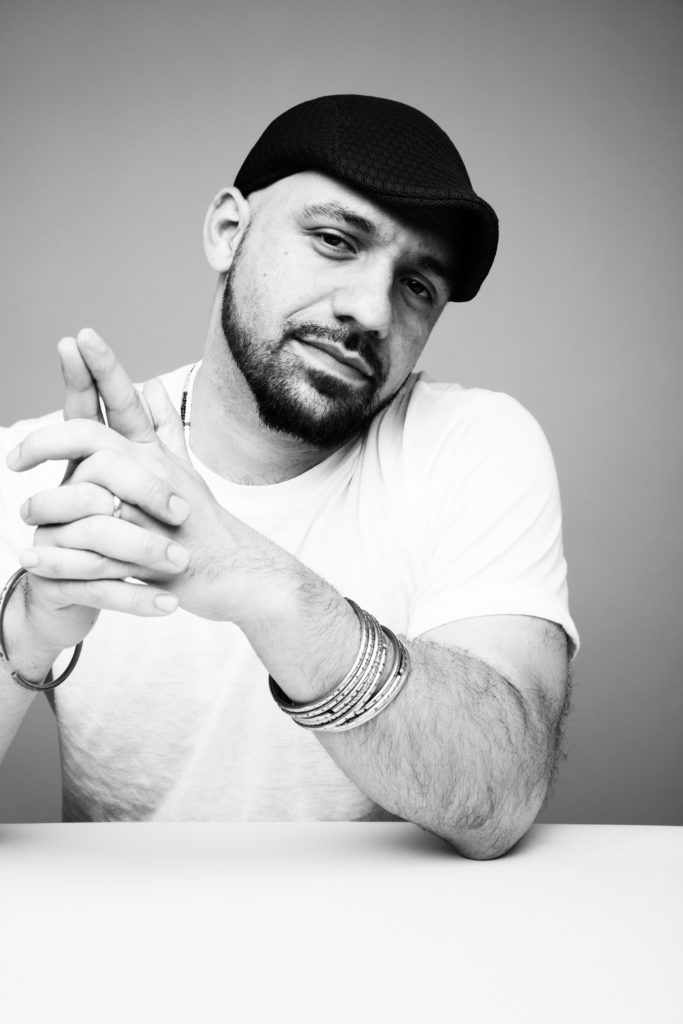
Ballad and Dagger by Daniel José Older
This isn’t coming out until May 2022, but I’m already excited. It concerns two teenagers in New York City, both part of a diaspora from a sunken Caribbean island (and one a rabbi’s daughter), who acquire magical powers when gods and magical creatures appear at their neighborhood’s annual party, and must use those powers for the common good.
